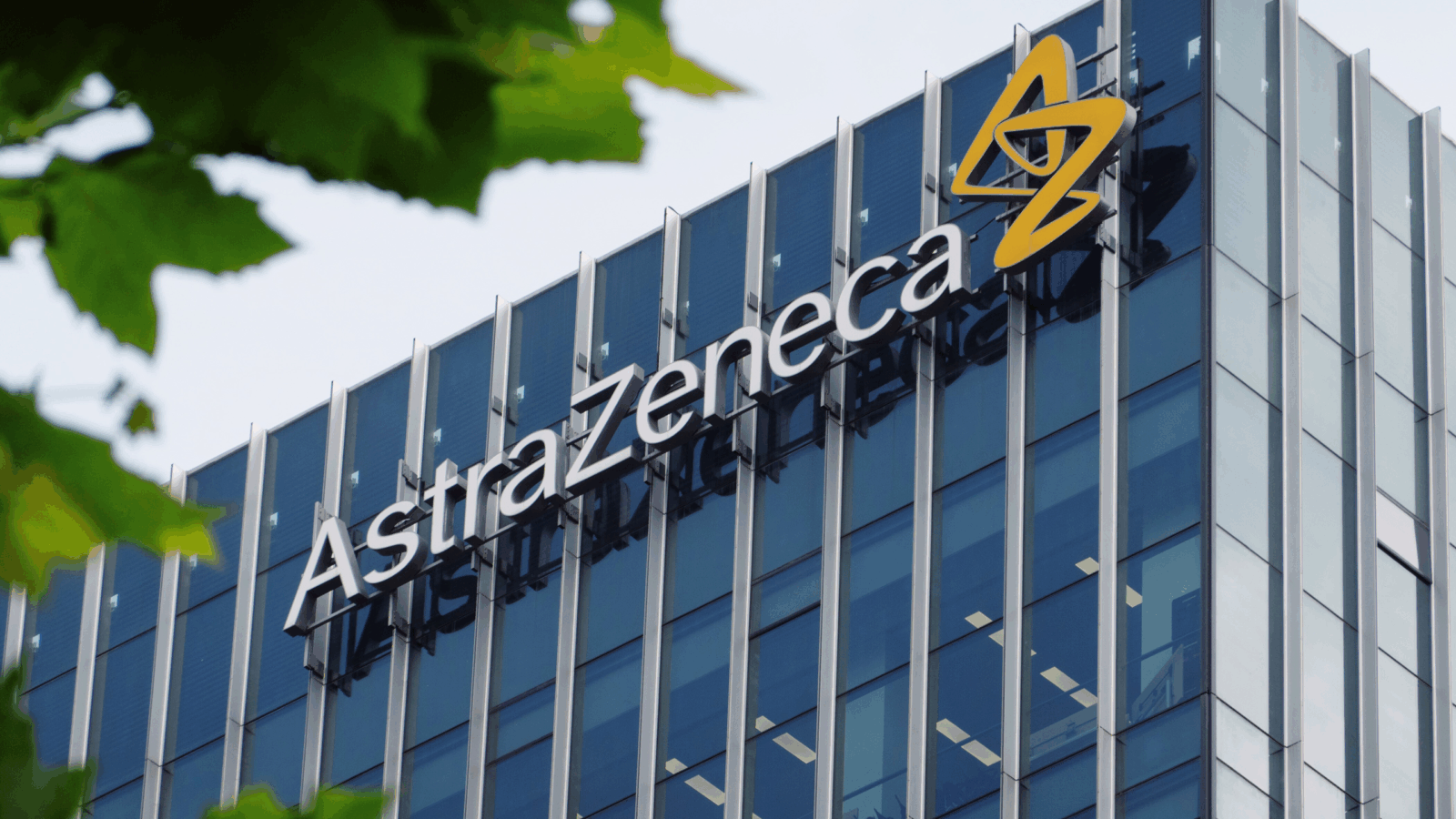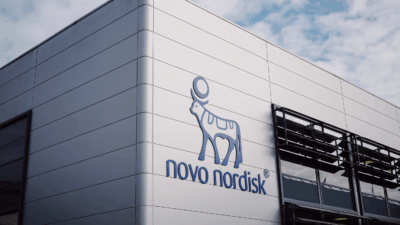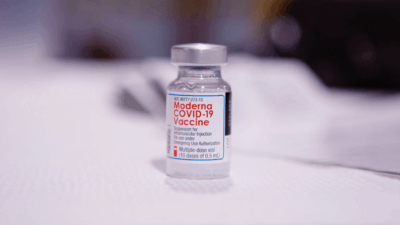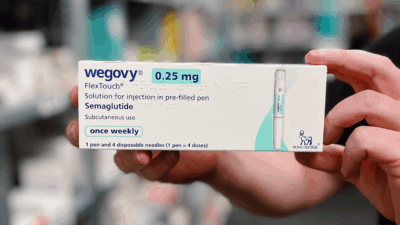
Sign up for smart news, insights, and analysis on the biggest financial stories of the day.
Sometimes, when one door closes, another one opens. Other times, when one door closes, so too, do about a billion more.
For pharmaceutical giant Biogen, facing the beyond-disappointing debut of its much-ballyhooed Alzheimer’s drug Aduhelm, the latter is precisely the case. On Tuesday, CEO Michel Vounatsos announced his resignation, as the company attempts to pivot from what many expected to be its next blockbuster treatment.
Bad Luck at the Helm
Aduhelm, which is supposed to slow the cognitive decline caused by Alzheimer’s, gained FDA approval last June. It’s been downhill since then. Experts questioned the conclusiveness of the clinical trials even as the drug was being approved. Not surprisingly, in December, the European Medicines Agency rejected Aduhelm altogether, saying it required further trials to analyze possibly harmful side effects. The drug’s entire first quarter on the domestic market brought in just $300,000 — about $14 million shy of expectations. To date, it’s brought in $5.8 million.
In a move more animated by a bleeding bottom line than by a bleeding heart, Biogen halved the price of the treatment to $28,200 a year. Still, in April, Medicare announced it would only cover the costs for patients receiving Aduhelm as part of clinical trials. Vounatsos says his planned departure, which Biogen Chair Stelios Papadopoulos says will take place once a replacement is found, “will be good for everyone involved” and is just one step in the company’s pivot away from a product analysts once thought could generate $10 billion a year in revenue:
- Biogen said it is substantially cutting the sales infrastructure it previously built for Aduhelm ahead of its launch, while also booking $275 million in inventory write-downs associated with the drug.
- In total, Biogen says the cuts could mean $1 billion annually in trimmed costs. It will maintain only the minimal support infrastructure needed to provide the drug at no cost to patients currently taking it.
A Second Chance: Sometimes there are doors in walls, covered by drapes. Biogen needs just such a door right about now. Its second Alzheimer’s drug, Lecanemab, is on track to be submitted for full approval next year. Forget that first attempt; perhaps the second time is the charm.











